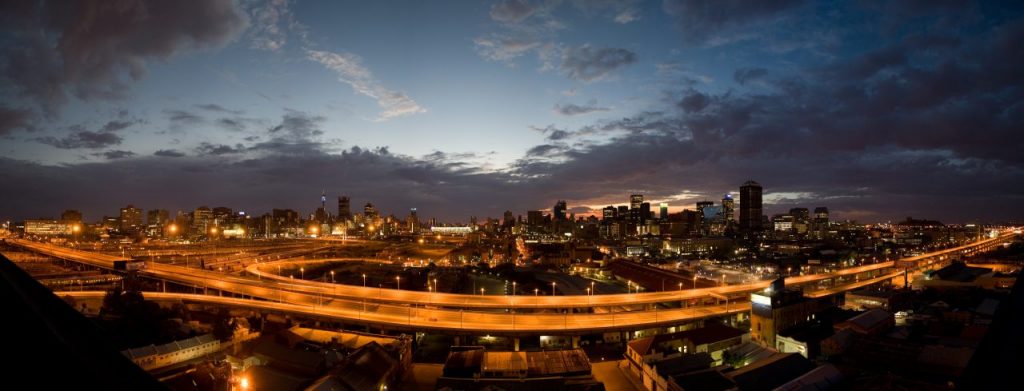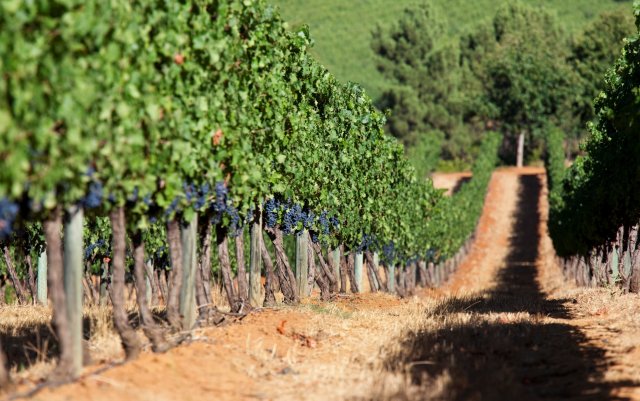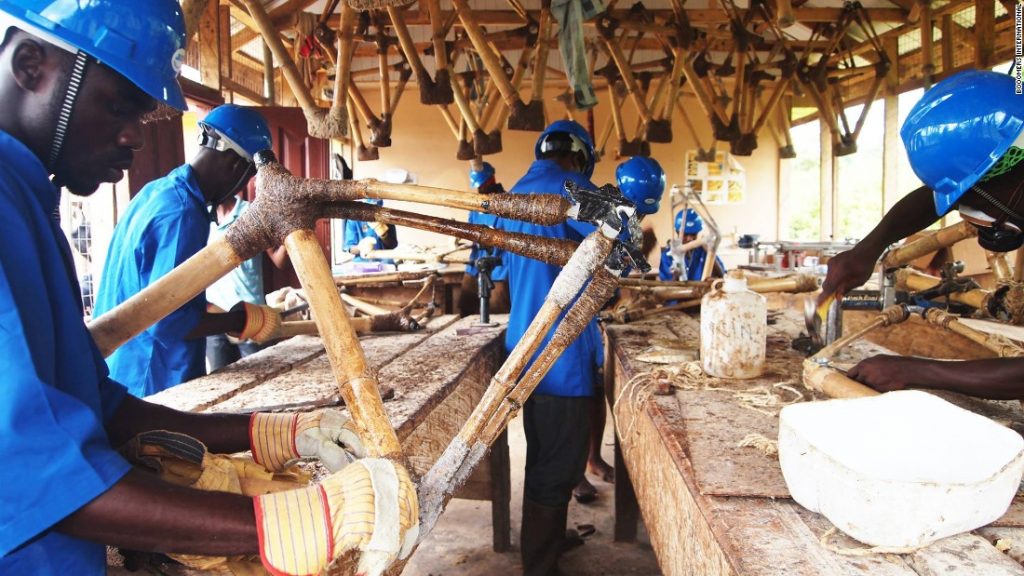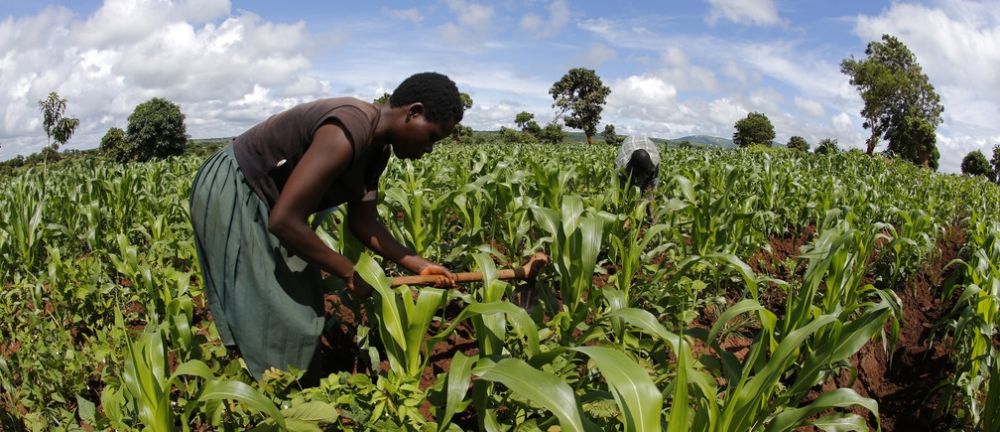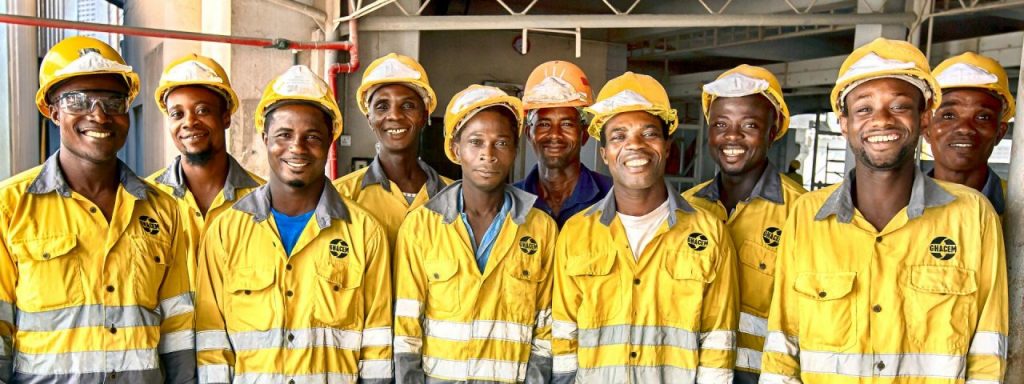Join GlobalBizzNetwork and start your international business network today.
Republic of the Congo
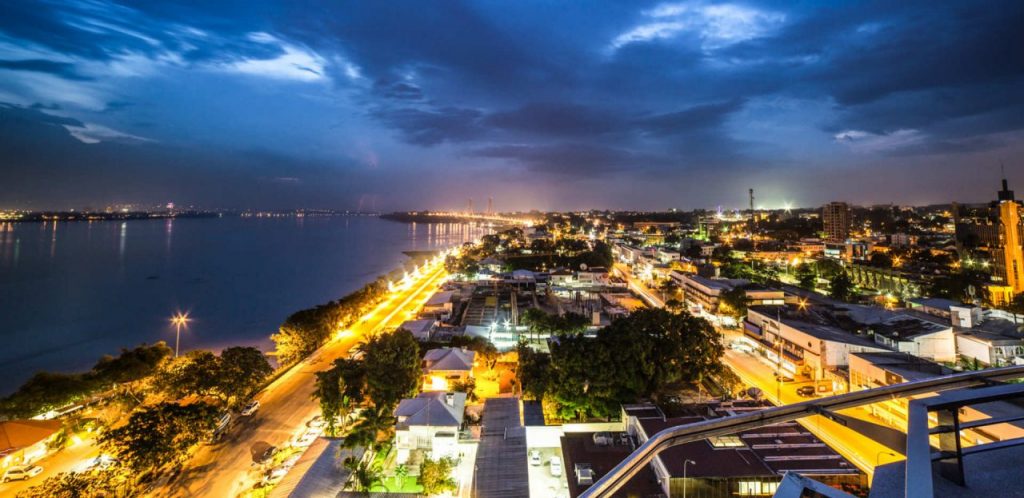
Numerous challenges exist in the way of doing business in Congo, including corruption, poor infrastructure, a weak judicial system, and an inadequately trained workforce.
The absence of a true middle class, lack of western-standard health care, and a tight housing market may make the market less attractive to certain businesses.
Transportation of goods can also be a challenge. Rail and road linkages between the commercial center of Pointe-Noire and the capital city of Brazzaville are substandard and do not connect with Kinshasa, the capital of the neighboring Democratic Republic of Congo (DRC), located just across the Congo River from Brazzaville.
Two new roads connect Pointe-Noire and Brazzaville, but both main roads run through the Pool region and there have been periodic reports of violent attacks against commercial vehicles, civilians, and military personnel. A railroad connecting Brazzaville and Pointe Noire ceased operations in November 2016 after an attack by armed militants destroyed two rail bridges along the route, with no known date for when the railroad will be operational again. The speedboat connection between Brazzaville and Kinshasa takes about ten minutes excluding time spent on port formalities on either side. Interior linkages are also a challenge.
The Republic of Congo’s economic freedom score is 38.9, making its economy the 177th freest in the 2018 Index. Its overall score has decreased by 1.1 points, with declines in scores for the tax burden, government integrity, and fiscal health indicators overwhelming a substantial improvement in trade freedom. The Republic of Congo is ranked last among 47 countries in the Sub-Saharan Africa region, and its overall score is well below the regional and world averages.
Repressive governance continues to deprive the Congolese people of economic freedom. The authoritarian socialist government could not furnish basic public goods and infrastructure during the commodity boom. Now lower oil prices have left it weakened by a severe financial crunch. The weak judiciary undermines the protection of property rights and fuels corruption. Many are trapped in subsistence-level poverty. The large informal economy provides most of Congo’s limited private-sector growth.
